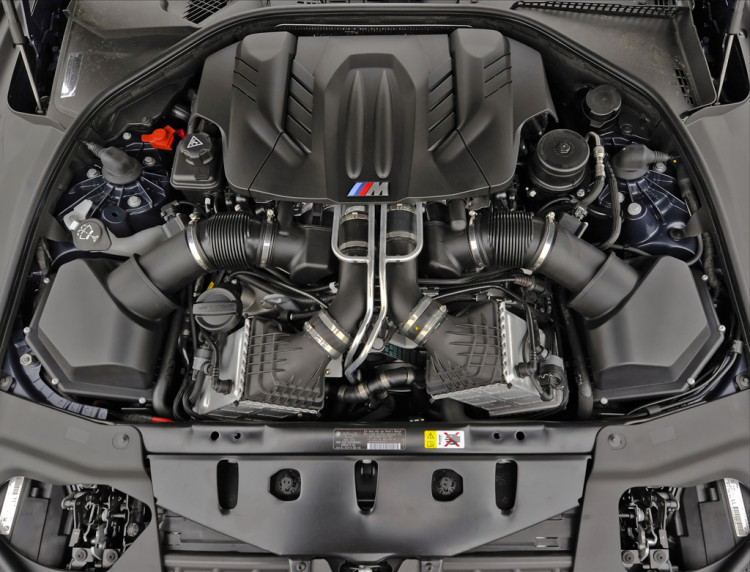What started off as a wild proposal made by the European Union in July 2021 is officially happening. Today, the EU’s Parliament has agreed to effectively force automakers to sell only zero-emissions cars from 2035. With 340 votes in favor, 279 against, and 21 abstentions, the new legislation has received the green light and will come into effect by the middle of the next decade.
The bold target is part of the “Fit for 55” package and applies to new passenger cars and light commercial vehicles. Technically, the law refers to banning sales of new cars that emit CO2, but unless synthetic fuels and/or hydrogen-fueled combustion engines become widespread, it effectively means the ICE is dead in all 27 countries of the EU. Of course, this will have global repercussions since it’ll force automakers to accelerate the development of EVs to the detriment of ICE models that could otherwise be legally sold outside of the EU.
Not all automakers will have to abide by the zero-emission mandate right away as companies that produce anywhere between 1,000 to 10,000 cars per year may receive a derogation until the end of 2035. It remains to be seen whether Rolls-Royce will still qualify by then considering sales have been increasing over the years, reaching a record 6,021 units in 2022. Low-volume brands with fewer than 1,000 vehicles built in a calendar year will continue to be exempt.
The BMW Group has its work cut out for it even before the ICE’s cut-off date locked in for 2035. The new legislation also calls for a reduction of EU fleet-wide emissions by a whopping 55% for cars by 2030. By the end of the decade, emissions generated by vans will have to be halved, but that obviously won’t impact the Munich-based automotive conglomerate.
Yet another change members of the Parliament agreed upon today is about updating the zero- and low-emission vehicles (ZLEV) incentive mechanism. Automakers that sell vehicles with emissions from 0 to 50 grams, so basically EVs and PHEVs, are rewarded with lower CO2 emission reduction targets. From 2025 until 2029, the ZLEV benchmark will be set at 25% for the sales of new cars (17% for vans) and the incentive will be eliminated altogether by 2030.
Just so we’re clear, people residing in any of the EU countries will still be able to drive their gasoline- and diesel-fueled cars after 2035. In addition, you’ll still be allowed to buy a second-hand ICE car.
Source: European Parliament

